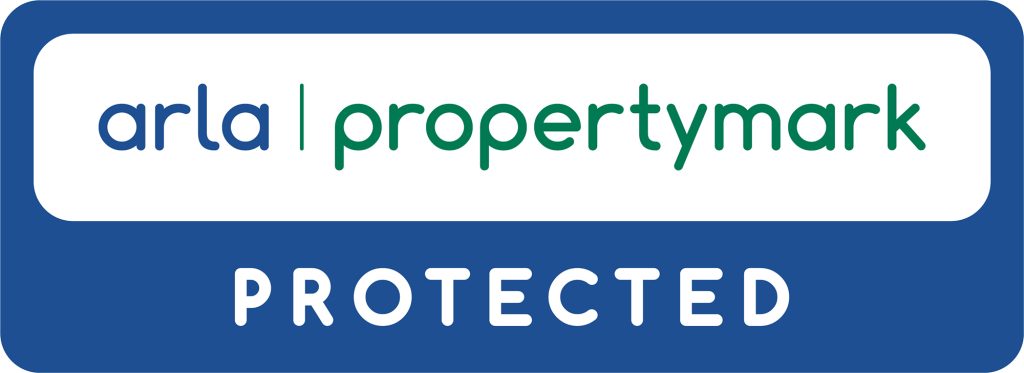Whether you’re buying, selling, letting or renting a property, it can be hard to understand when some people are saying. Often estate agents talk in riddles and jargon to confuse the people they’re with. We hate it when people do that, it gives us all a bad name. So, whether you’re using our services or not, feel free to have a look at our jargon buster to help you out!
Auction
A property or House Auction is the sale of a property to the highest bidder. This can take the form of a normal auction where you gather to compete or a closed/sealed bid house auction, where the bids are made and then opened.
Building survey or structural survey
An inspection of the property by a chartered surveyor. His observations are then presented in a report about the property from a structural perspective. Older properties will often need a survey for loan purposes. If you wish to alter or extend the house, an initial survey may be sensible before you commit to buying the property. A Building survey or structural survey can be done along with a house valuation. The report can be done to variable degrees of detail, which you should specify.
Chain
Delays may occur in buying a house if a buyer is dependant upon completion of the sale of his house before he can purchase his new property. This could result in a chain of buyers and sellers awaiting one member to sell his house.
Completion
Once all transactions relating to the property sale are concluded and all the legal transfer of ownership passes to the buyer of the house/property.
Conditions of sale
The rights and duties of the buyer and seller.
Contract
A legal document for the agreement of terms between the seller and buyer which binds both parties to complete the transaction of the sale/purchase.
Contract race
The seller will sell to whoever exchanges contracts first on the property.
Conveyancer
A qualified person such as a solicitor or licensed conveyancer who deals with the legal aspects of buying or selling a house.
Conveyancing
Legal work involved in the purchase and sale of a property, commonly used to refer to the whole legal process.
Covenants
Rules and regulations governing the property in its title deeds or lease/leasehold agreement.
Deeds
Legal title documents demonstrating ownership of the property.
Deposit
Money paid by the buyer on exchange of contracts during the conveyancing.
Detached
A property that stands alone and is separated from all other buildings.
Development
A recently built residence or a property which has been refurbished and modernised.
Dilapidations
Disrepair or damage usually to a rented property.
Disbursements
House purchase fees paid by the buyer’s solicitor for items like stamp duty, land registry and/or search fees.
Draft contract
The first version of the contract which is then edited accordingly if required.
Exchange of contracts
Signed contracts between the parties involved are physically exchanged which legally commits the buyer and seller to the transaction of a property at an agreed price and terms.
Fixtures & fittings
All non-structural items included in the purchase of a property. These should be listed, although an argument can be made that if an item is ‘fixed’ then it is deemed part of the sale. Legal advice should be sort for specific issues.
Gazumping
A new term meaning that a seller accepts a higher offer from someone on a property that they have already agreed in principle (but not contractually as yet) to sell to someone else.
Gazundering
When a buyer reduces his offer just before contracts are exchanged.
Ground rent
The annual charge levied by the freeholder to the leaseholder of a property.
Homebuyer’s survey and valuation
Chartered surveyor’s report to assess the state of a property and its value but not a detailed structural survey.
Inventory
A list of furnishings and contents of a leased property to determine any dilapidation during the tenancy.
Land registry fee
Land Registry payment to register ownership of a property.
Lease
A legal document outlining details for how the freehold or leasehold owner of a property lets the premises for a specific length of time, after which the ownership may revert to the freeholder or the superior leaseholder.
Leasehold
Denotes that ownership of a property and/or buildings is by way of a lease agreement.
Listed building
Buildings of special architectural or historic interest are usually ‘listed’, which prevents them from being demolished or altered without local government permission.
Local authority search
The buyer’s solicitor makes an enquiry to the local council for future development issues or outstanding enforcement’s which might affect a property or immediate surrounding area.
Maintenance charge (service charge)
Cost of repairing and maintaining external or internal communal parts of a building which is charged to the tenant or leaseholder.
Maisonette
A property arranged over more than one floor (ie: a portion of the house), with its own private entrance.
Negative equity
If the value of a property is less than the outstanding mortgage then there is ‘negative equity’.
NHBC (National House Building Council) scheme
A building guarantee available on some new homes. Any defects occurring within a specified time cab be remedied.
Offer
A sum of money that a potential buyer offers for a property.
Open market value
The realistic value of a property if it was available for sale.
Peppercorn ground rent
A nominal rent usually paid annually and of low value.
Pied-a-terre
A property for occasional occupation.
Preliminary enquiries
The initial questions about a property which the seller must answer prior to the exchange of any contract.
Purchaser
The person who is buying a property is known as the purchaser.
Repossession
A mortgage lender can take possession of a property if the mortgage payments have not been met according to the mortgage agreement.
Search
The local authority or the land registry hold information about property and location which can be sort via a ‘search’.
Semi-detached
A property which is joined to one other dwelling.
Sole agent
exclusively one estate agent instructed for securing a sale or let.
Solicitor
A professionally qualified legal expert.
Stamp duty
The tax paid to the government by the buyer of a property. The amount depends on the price of the property.
Studio flat
Open-plan living area in a flat including cooking and sleeping in one room and a separate bathroom/shower.
Subject to contract
An agreement which is not yet legally binding to either party.
Surveyor
A qualified expert who carries out the survey of a house or property.
Tenancy
Possession of a property by a tenant on a predetermined time scale and conditions.
Tenancy agreement
A legal agreement to protect the rights of a tenant and landlord.
Tenant
The person who has temporary possession of a property as per an agreement.
Tenure
The conditions on which a property is held for instance, it’s length of lease.
Terraced house
A property which forms part of a connected row of houses, usually all in the same style.
Title deeds
Documents demonstrating and outlining the legal ownership of a property.
Transfer deeds
The land registry document that transfers legal ownership of a property from the seller to the purchaser.
Under offer
The status of a property after a seller has accepted an offer. Usually refers to the period before the contracts have been signed.
Valuation
A survey of a property to establish its value usually for mortgage purposes.




